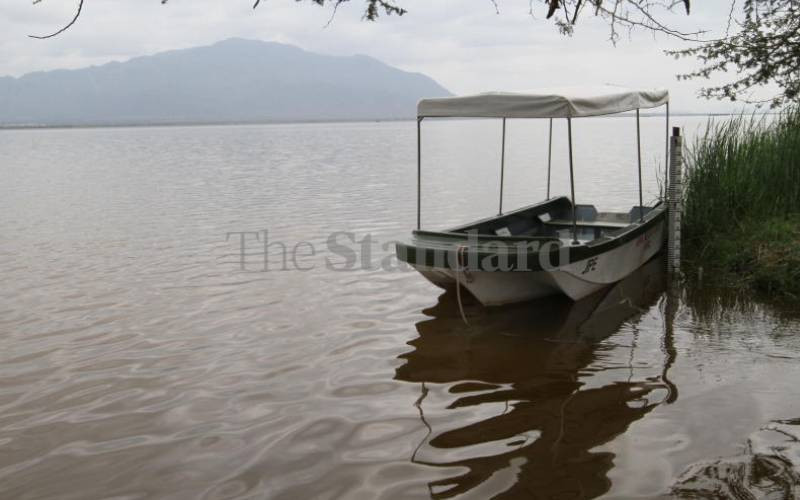×
The Standard e-Paper
Home To Bold Columnists

Lake Jipe is facing extinction due to massive siltation and other environmental and management challenges.
The lake is an important transboundary wetland ecosystem at the border of Kenya and Tanzania that covers an estimated 30 square kilometres.